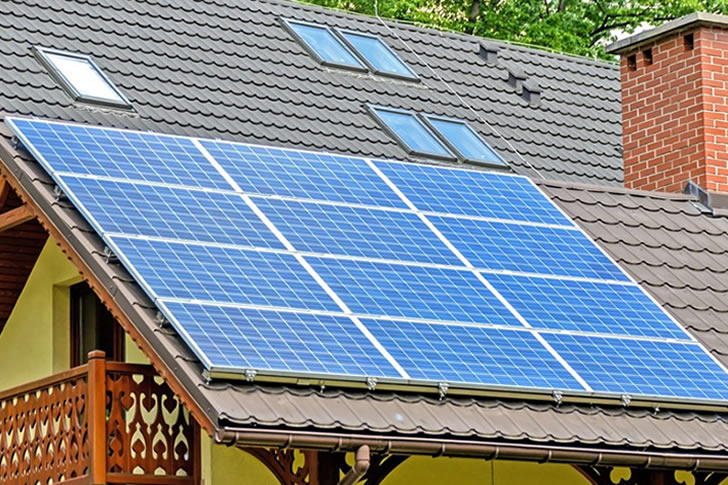How To Get Cheap Solar Panels?
Solar power is changing lives, giving us clean energy straight from the sun. But, for many people, putting solar panels on their homes has been too expensive — until now. State programs are stepping up, making it much cheaper to go solar. This article explores various strategies to secure solar panels at a more manageable price, ensuring that you’re equipped with the knowledge to make informed decisions without compromising quality or efficiency.

Understanding Solar Panel Costs
The cost of solar panels is influenced by several factors including the type of panels, the size of the system, the manufacturer, and additional installation charges. On average, residential solar systems in the United States range from $15,000 to $25,000 after tax credits, according to the Solar Energy Industries Association. Prices have steadily declined over the past decade due to technological advancements and increased market competition, yet for many households, the price remains a significant barrier.
Research Various Panel Types and Brands
Solar panels come in various types, primarily including monocrystalline, polycrystalline, and thin-film panels. Each type has its own set of advantages and price points:
- Monocrystalline panels are highly efficient but typically come with higher price tags.
- Polycrystalline panels offer a good balance between cost and efficiency.
- Thin-film panels are the most economical and are easier to install but generally require more space and have lower efficiency rates.
It’s essential to compare these options considering their efficiency rates, longevity, and overall cost to determine which fits your needs and budget.
Consider Purchasing Used or Second-Hand Panels
One way to reduce the upfront cost of solar panels is to consider purchasing used or second-hand panels. Many companies offer refurbished panels that have been tested to ensure they still provide adequate efficiency. While used panels might not offer the same efficiency or longevity as new ones, they can be a good option if you have a limited budget.
Explore Government and State Incentives
Many governments and states offer incentives to encourage the adoption of solar energy. These incentives can include rebates, tax credits, and grants that can significantly lower the overall cost of a solar installation. For example, the Federal Solar Investment Tax Credit (ITC) allows you to deduct 26% of the cost of installing a solar energy system from your federal taxes. Additionally, many local governments have their own incentive programs which can further reduce costs.
Group Purchasing and Community Solar Projects
Joining a group purchasing organization or community solar project can yield substantial savings. These programs allow groups of neighbors to purchase solar systems together, which typically results in a volume discount. Alternatively, community solar allows multiple people to benefit from a single, shared solar system, which can be installed on a communal property or remotely located.
DIY Solar Panel Installation
For those with the necessary skills and knowledge, installing solar panels yourself can save on labor costs, which can make up a significant portion of the overall price. Many companies offer solar panel kits that include all the components needed for installation. However, it’s crucial to understand local regulations and potentially hire a professional to inspect the installation to ensure it meets safety standards and local building codes.
Regular Maintenance to Extend Panel Life
Maintaining your solar panels can extend their lifespan and ensure they operate at peak efficiency. Regular maintenance tasks include cleaning the panels and checking for any damage or wear. By keeping your solar panels in good condition, you reduce the need for costly repairs or replacements down the line.
Financing Options
Many companies offer financing options for solar panel installations, which can spread the cost over several years. These financing plans often come with competitive interest rates, making solar panels more accessible. Additionally, some solar providers offer leasing options where you pay a fixed monthly rate for the use of the solar panels, which eliminates the upfront cost entirely.
Conclusion
Securing economically priced solar panels involves a mix of thorough research, taking advantage of financial incentives, and considering various purchasing options. By understanding the different types of panels, exploring used or community options, and possibly taking on the installation yourself, you can significantly reduce the costs associated with going solar. Remember, the goal is to find a balance between initial investment and long-term savings, ensuring that your solar panels provide value for years to come.







Recent Comments